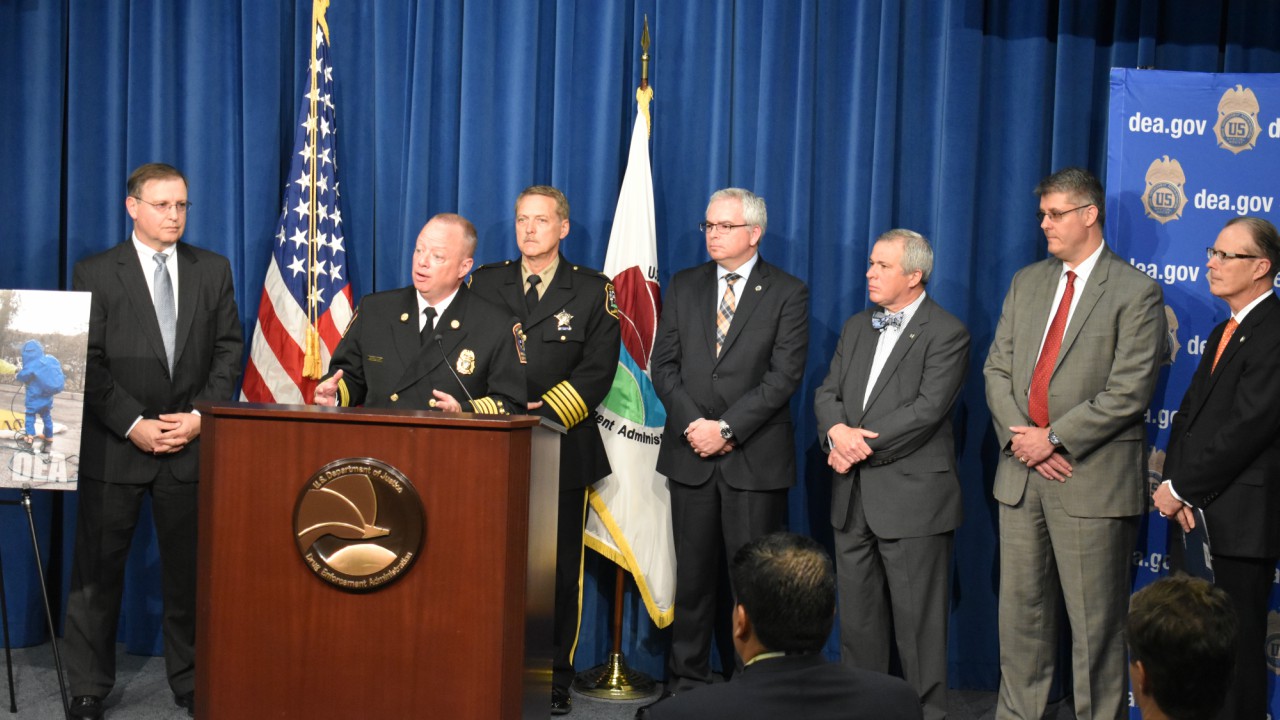Related Information
Jan 01, 0001
Long COVID: A Need for Full Situational Awareness
Looking at the long-term effects of COVID-19 on firefighter health and fitness
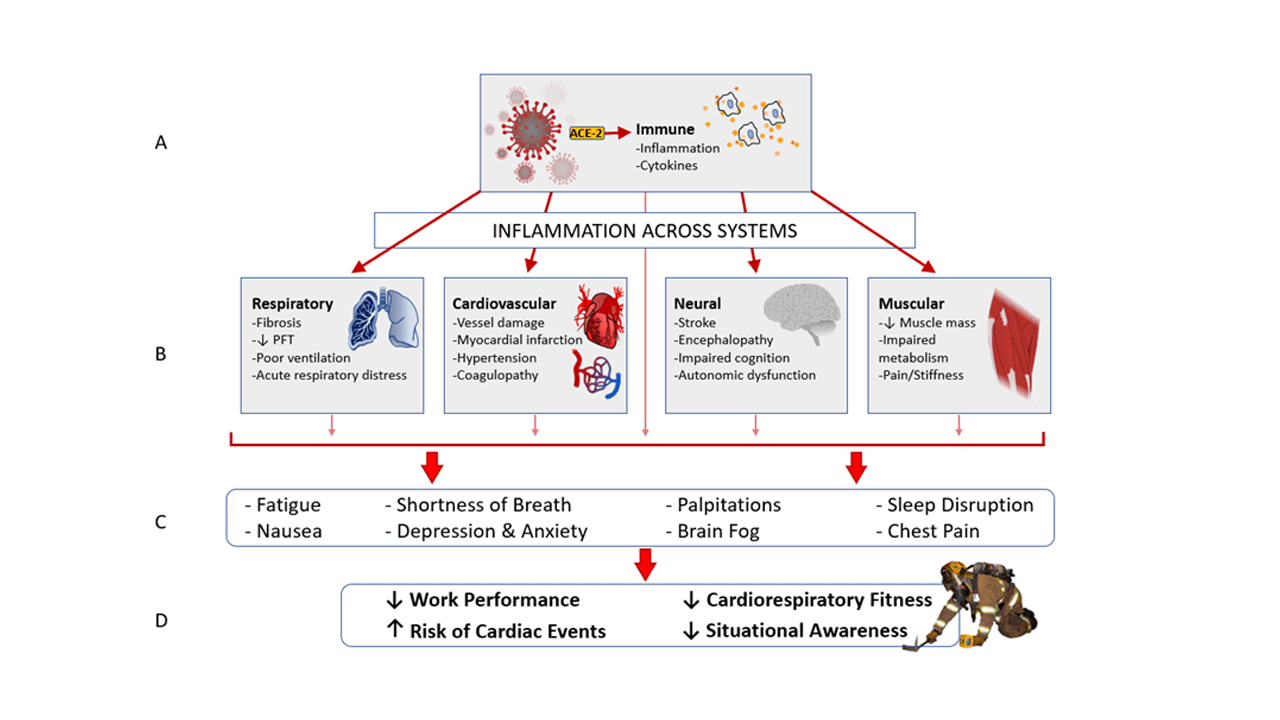
Jan 01, 0001
Supreme Court Decision on Vaccine Mandates: What It Means for Fire Departments
The Supreme Court blocked a temporary emergency standard by the U.S. Occupational Safety and Health Administration.
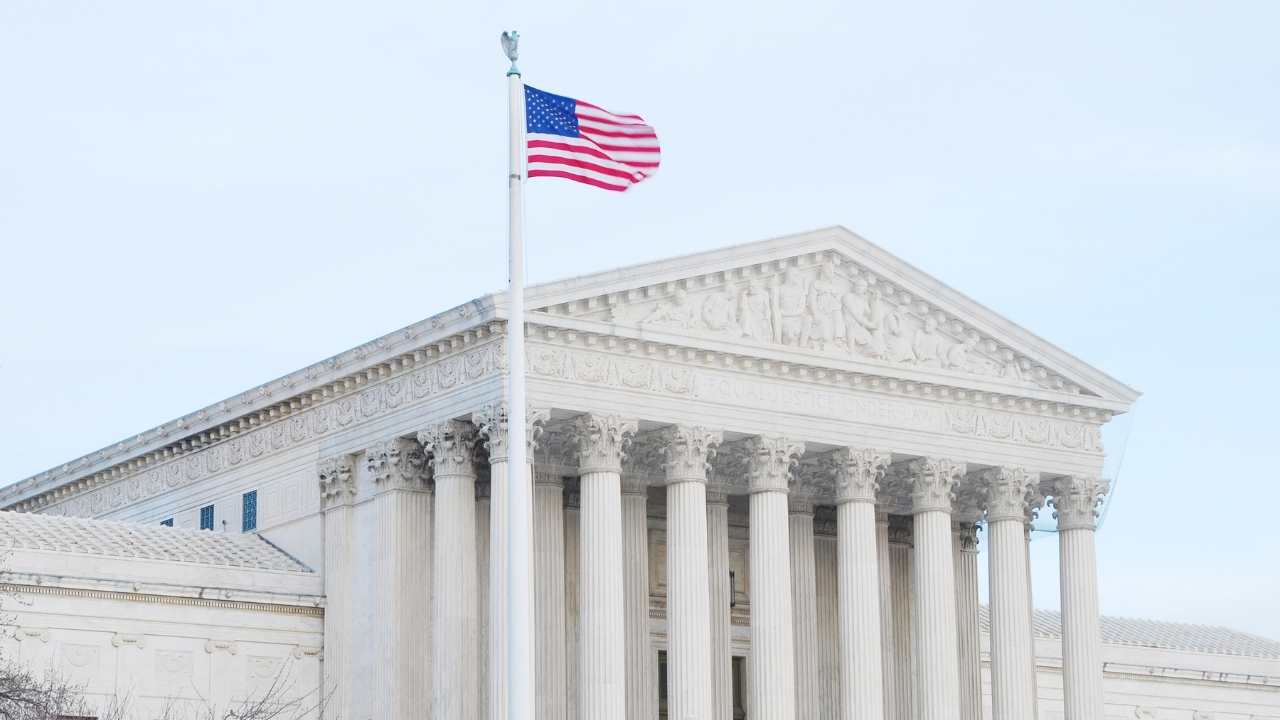
Jan 01, 0001
OSHA Withdraws Part of Health Care Emergency Temporary Standard / CDC Releases New Quarantine Recommendations
On December 27, the Occupational Safety and Health Administration (OSHA) withdrew major parts of its Health Care Emergency Temporary Standard (ETS).

Jan 01, 0001
U.S. EEOC Updates Technical Assistance Clarifying COVID-19 As Disability
The technical assistance includes answers to questions about how illnesses caused by COVID-19 relate to the ADA definition of "disability."
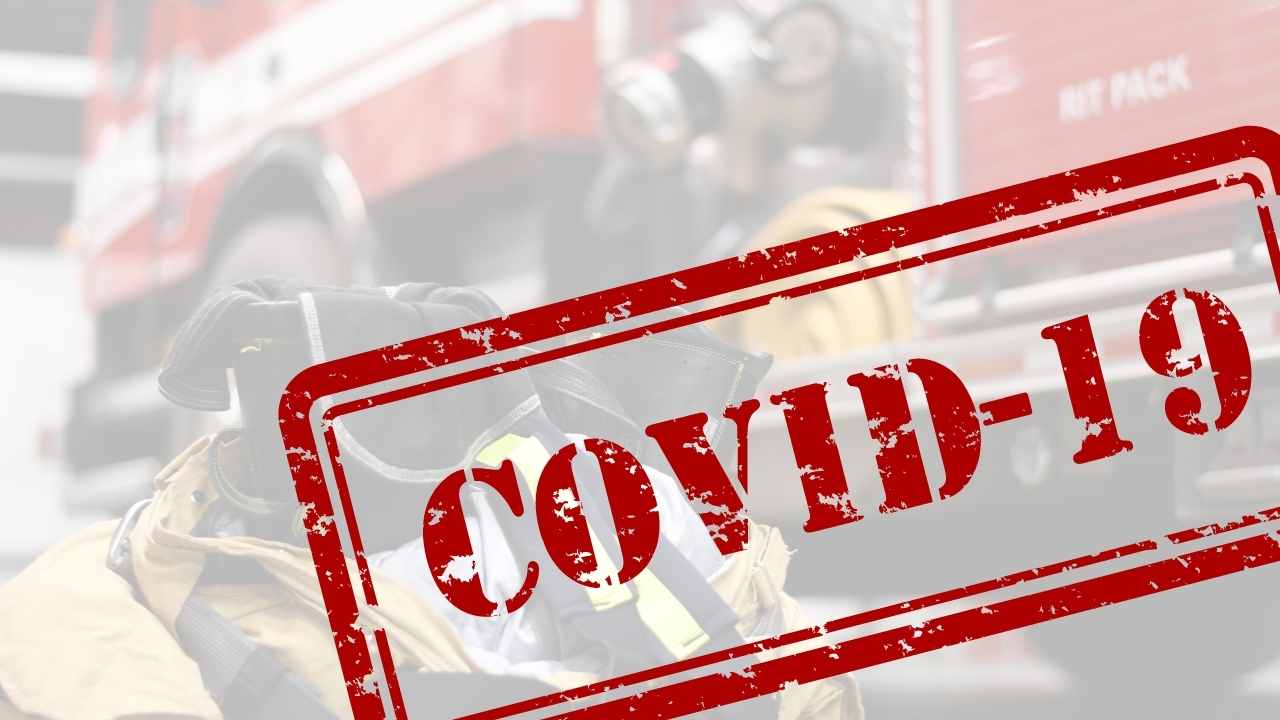
Jan 01, 0001
Omicron for the Fire Rescue EMS Provider as of December 4, 2021
According to the World Health Organization, the strain poses a very high risk, so it has been added to its list called "variants of concern."

Jan 01, 0001
HHS Releases FAQs on HIPAA, COVID-19, and the Workplace
The U.S. Department of Health and Human Services recently released a list of Frequently Asked Questions about the Health Insurance Portability and Accountability Act (HIPAA).
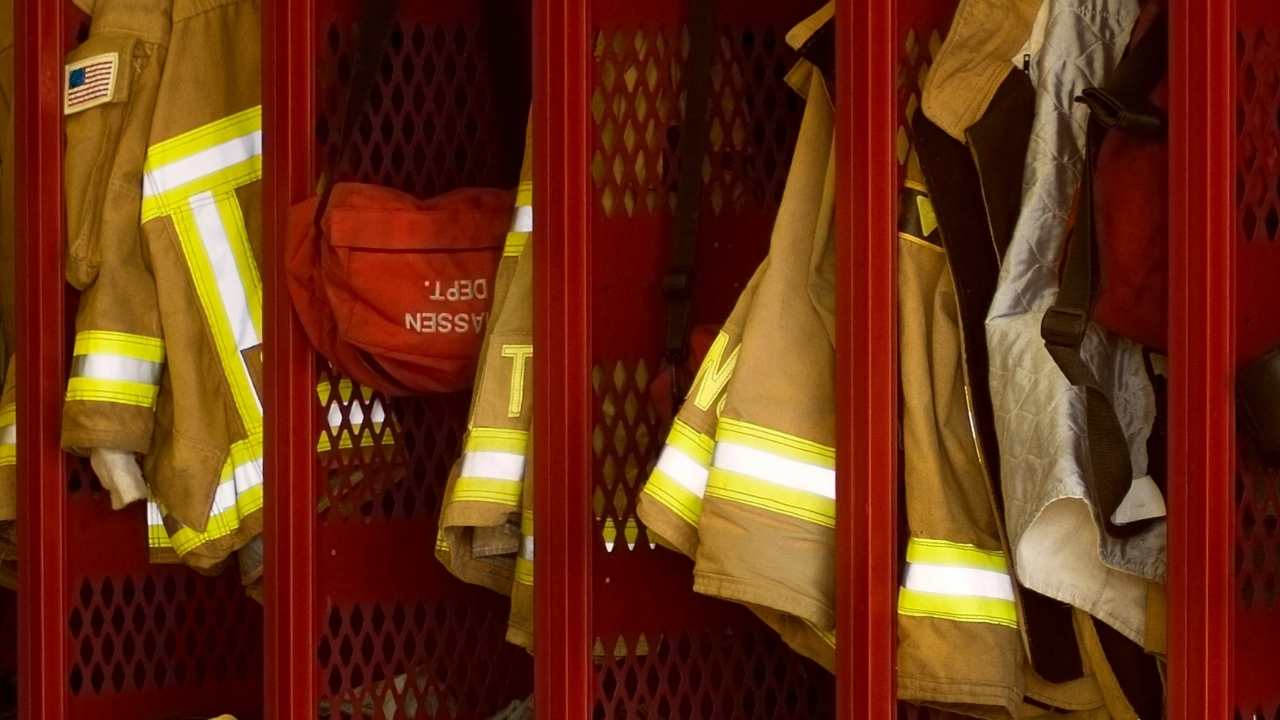
Jan 01, 0001
Documentary: Vaccination from the Misinformation Virus
This one-hour documentary helps address vaccine concerns by explaining why vaccines are safe, crucial to community health, and save millions of lives annually.
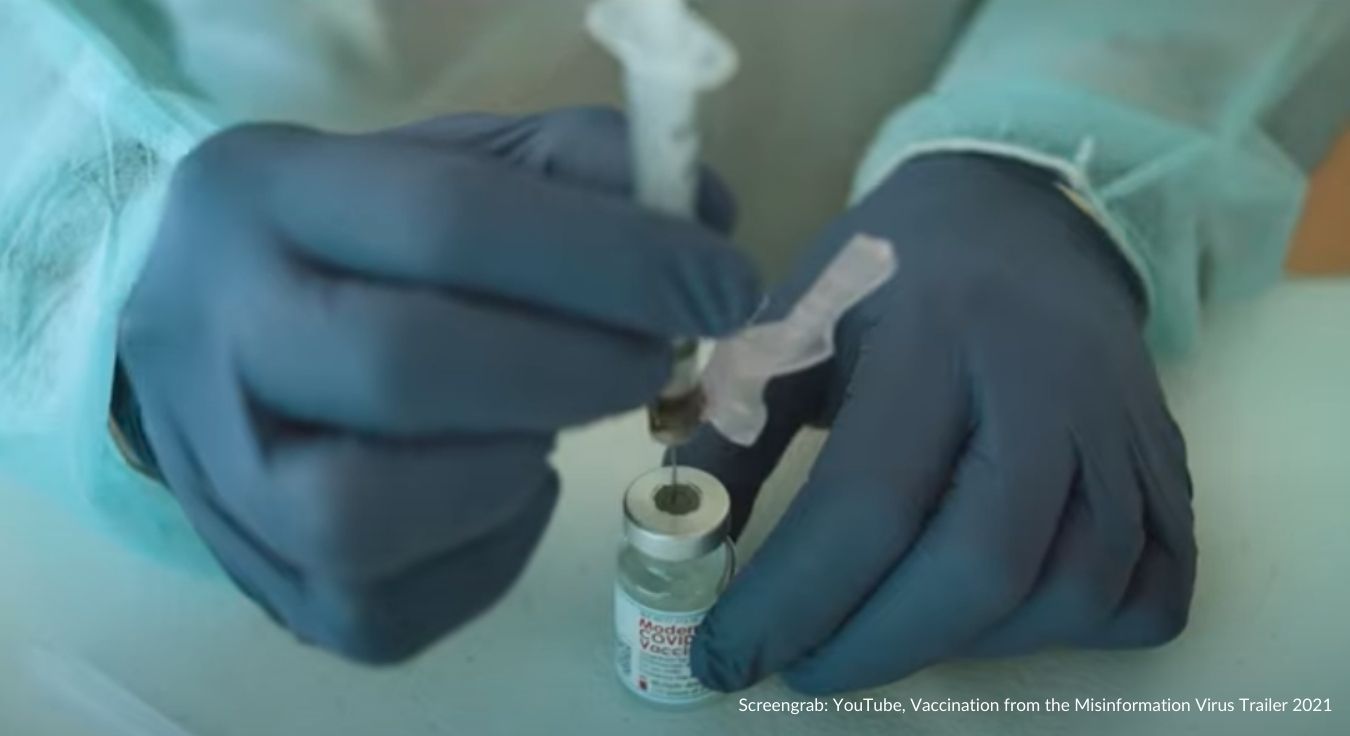
Jan 01, 0001
FEMA Issues New COVID-19 Operational Guidance: All-Hazards Incident Response and Recovery
FEMA will be offering webinars in early to mid-June to discuss the pandemic operational guidance. For more information on these webinars, please go to the FEMA website.
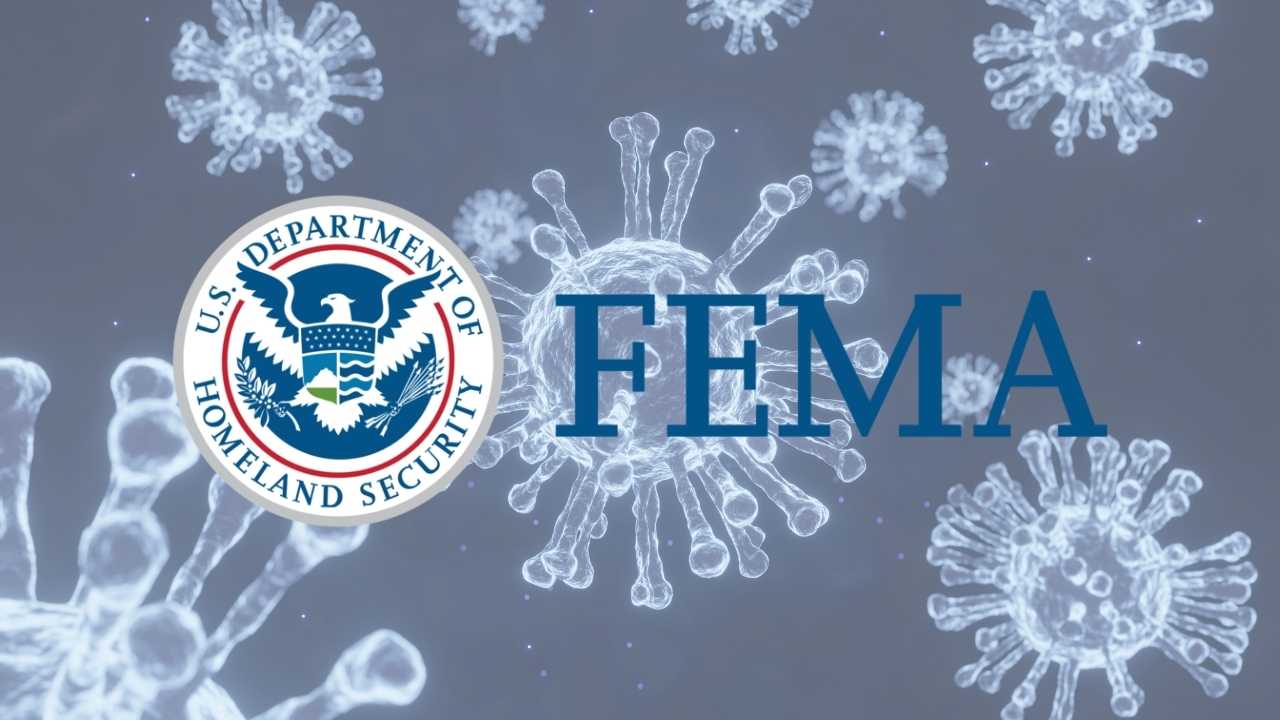
Jan 01, 0001
HHS Announces ASPR TRACIE Website to Provide Information for Healthcare Practitioners
Fire and EMS chiefs are encouraged to review this website and bookmark it as appropriate.
.jpg?sfvrsn=8a27690c_3)
Jan 01, 0001
USFA & IAFC Co-Host Webinar on Public COVID-19 Vaccination Campaigns
On February 11, 2021, the U.S. Fire Administration (USFA) and the IAFC hosted a webinar on fire department participation in public COVID-19 vaccination campaigns

Jan 01, 0001
FEMA FAQs Include Information of Reimbursement for Participation in Public Vaccine Programs
The reimbursement would take place through FEMA’s Public Assistance (PA) program.

Jan 01, 0001
State-by-State Listing of Vaccine Priority Available
IAFC urges members to contact their governors in support of providing all fire and EMS personnel with priority access to COVID vaccines.
.jpg?sfvrsn=6f33680c_2)
Jan 01, 0001
Comprehensive Opioid, Stimulant & Substance Abuse Program
Resources that provide support and information to responders responding to influence substance abuse cases positively.
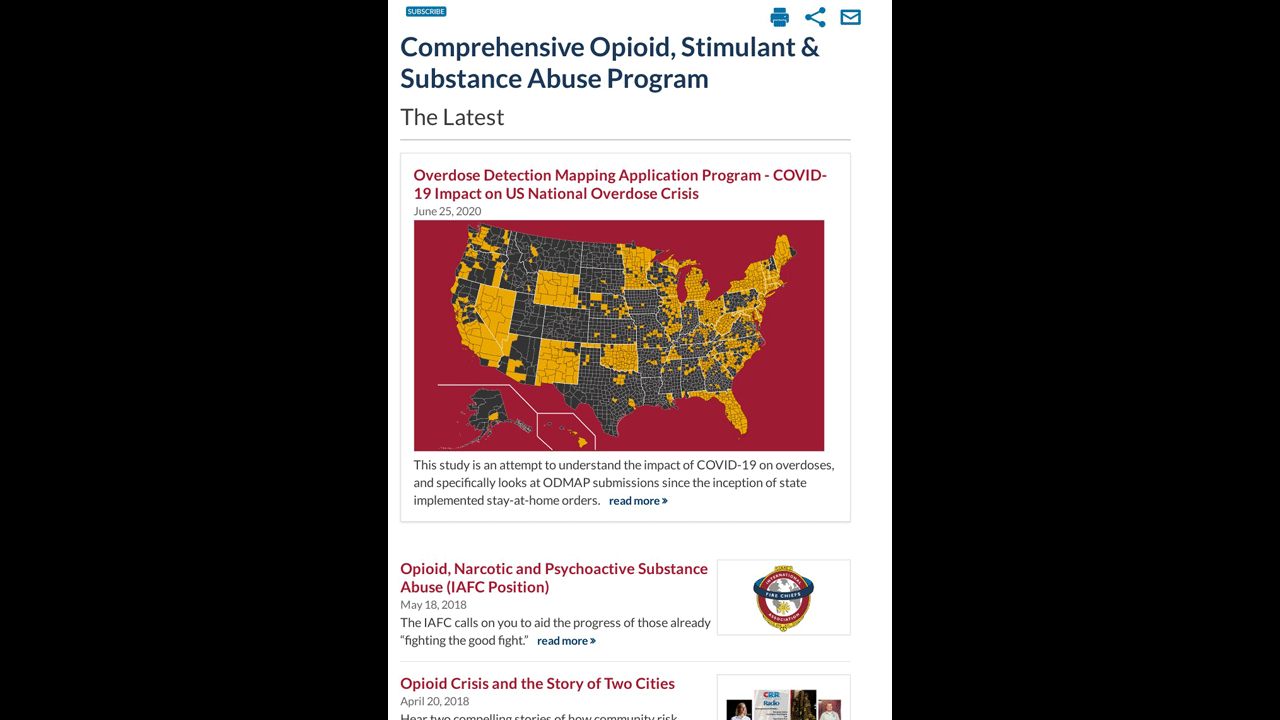
Jan 01, 0001
IAFC President Calls on Congress to Support Fire & EMS Departments During COVID-19 Pandemic
Chief Ludwig's testimony highlighted the challenges that local fire departments face during the pandemic.
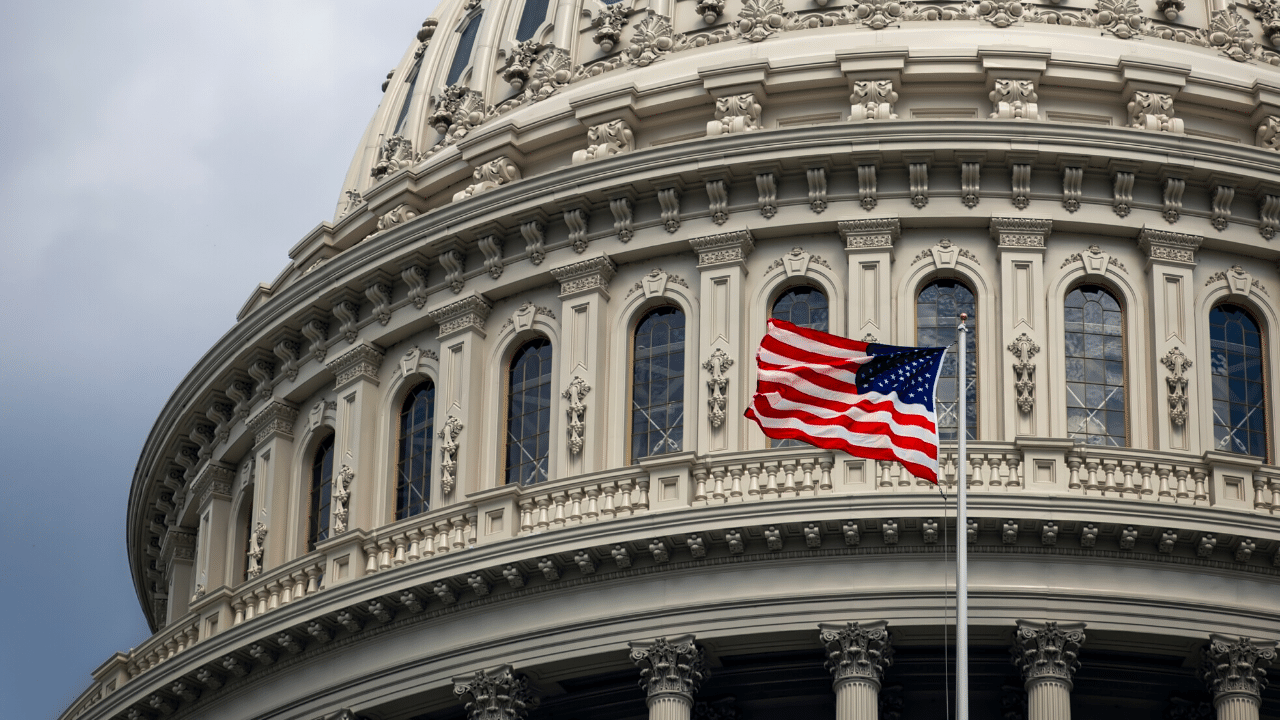
Jan 01, 0001
Chief Ludwig Issues Public Statement
President of the IAFC to protesters: "We are not your enemy."
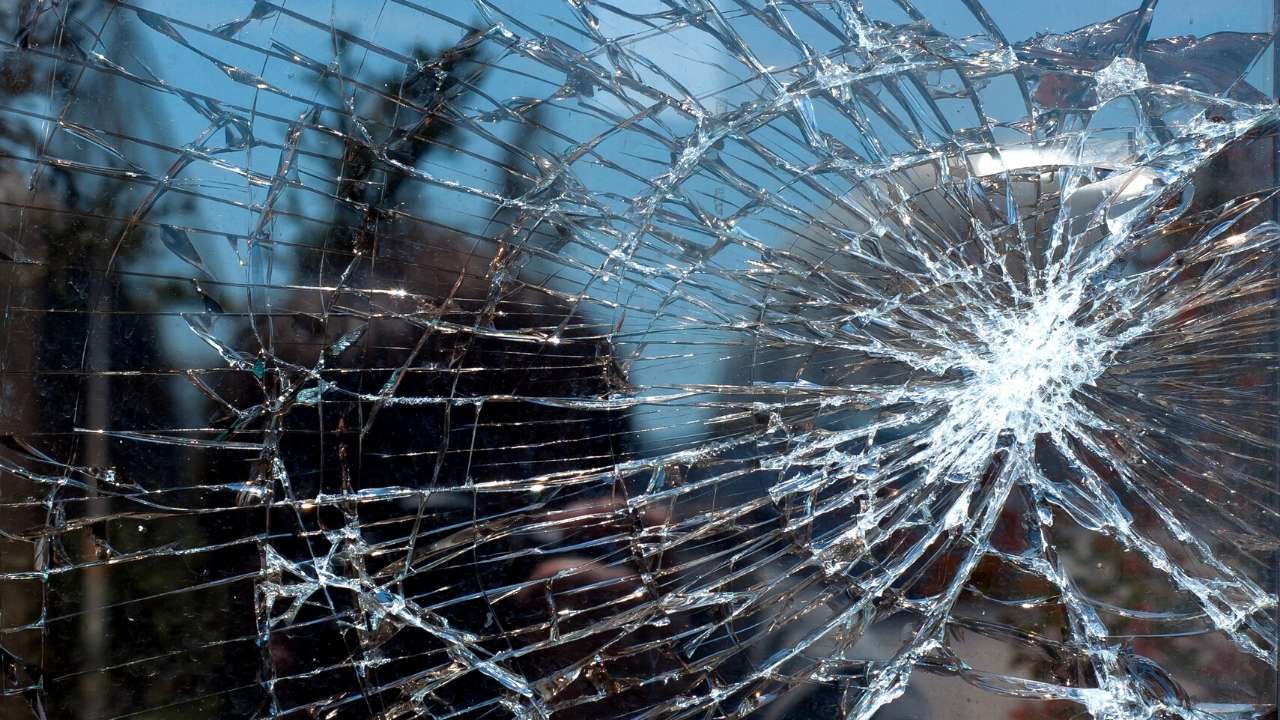
Jan 01, 0001
Mass Gatherings During COVID-19 Pandemic
Leadership considerations for response to mass gatherings and large crowd events.
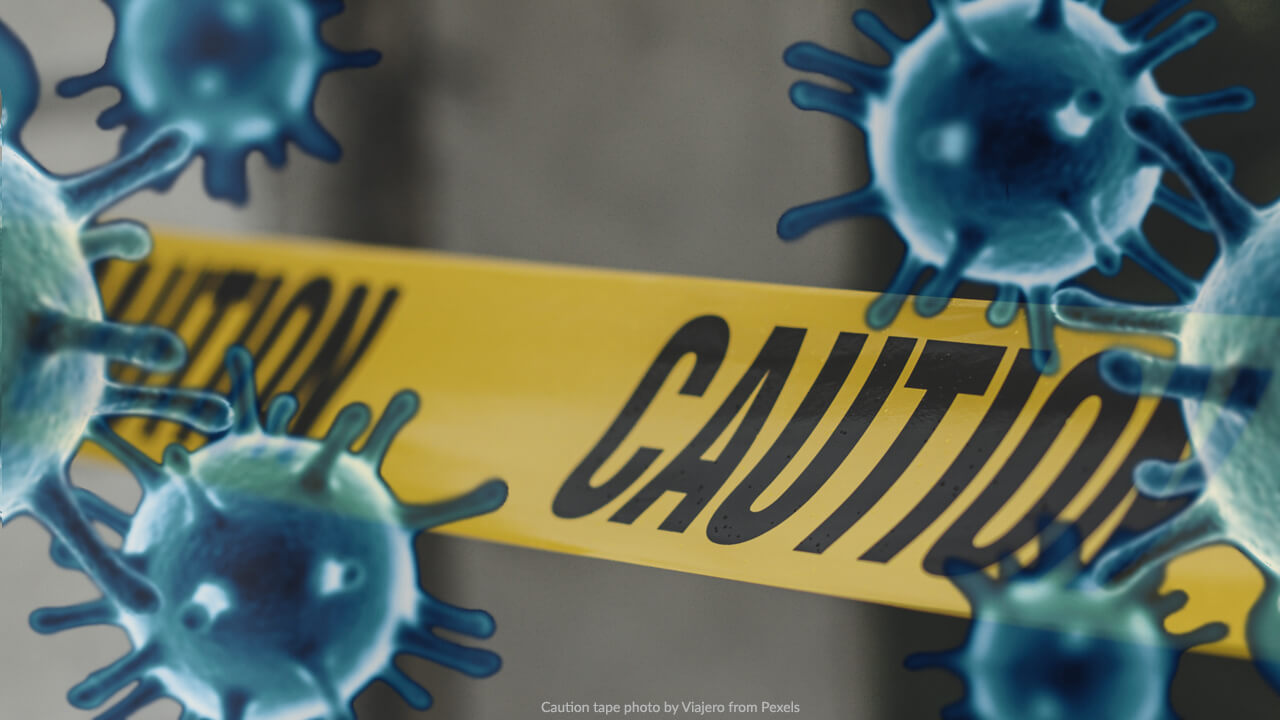
Jan 01, 0001
Managing the Economic Challenges of COVID-19
How is your department managing the economic fallout from COVID-19?

Jan 01, 0001
CMS Provides COVID Support Payments to EMS Agencies
Increased response costs during COVID-19 can make it very difficult for a fire chief to manage their budget, but not impossible.
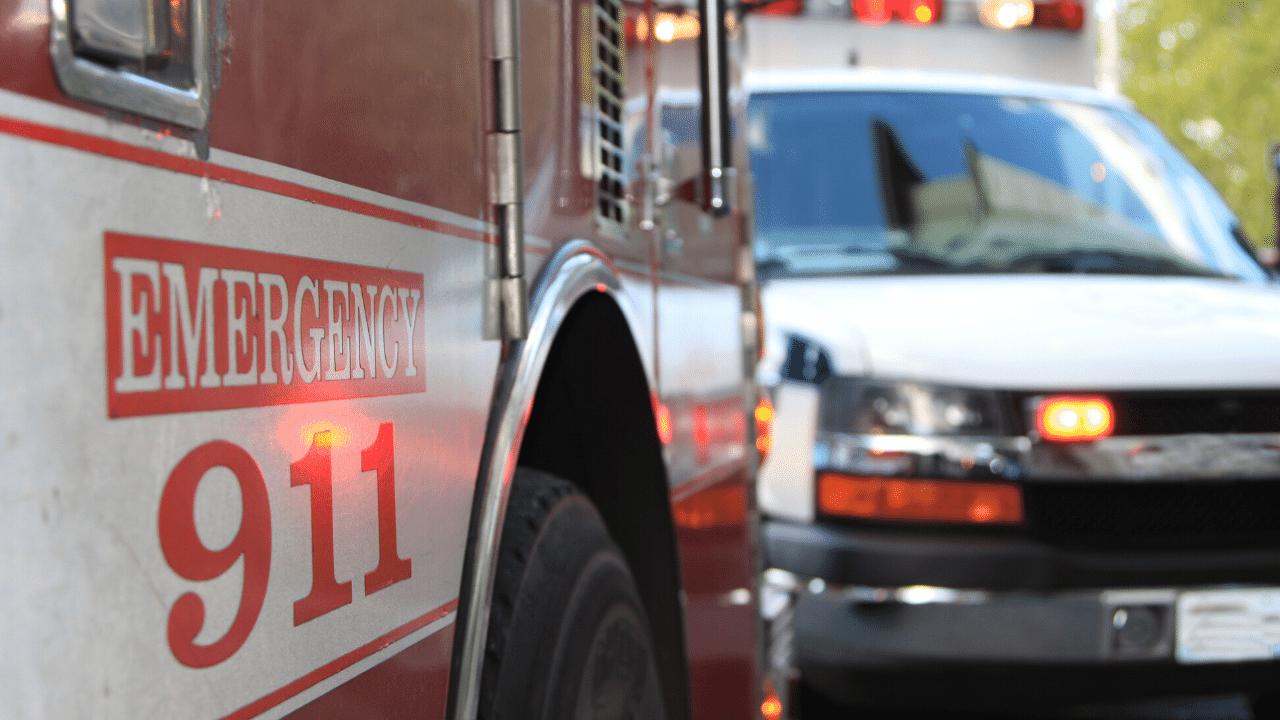
Jan 01, 0001
CMS Issues Data Collection Waiver
If your agency hasn’t started preparing for CMS’ data collection efforts, it’s not too late!

Jan 01, 0001
HEROES Act Will Help Keep Communities Safe
Fire fighters urge Congress to move quickly to pass HEROES Act to protect them and shore up public safety

Jan 01, 0001
FY 2019 SAFER Grants: Application Period Extended, Cost-Share Waived
In consideration of the economic effects of the pandemic, Acting Secretary Wolf also authorized waivers for certain provisions of the FY 2020 SAFER Grant Program.
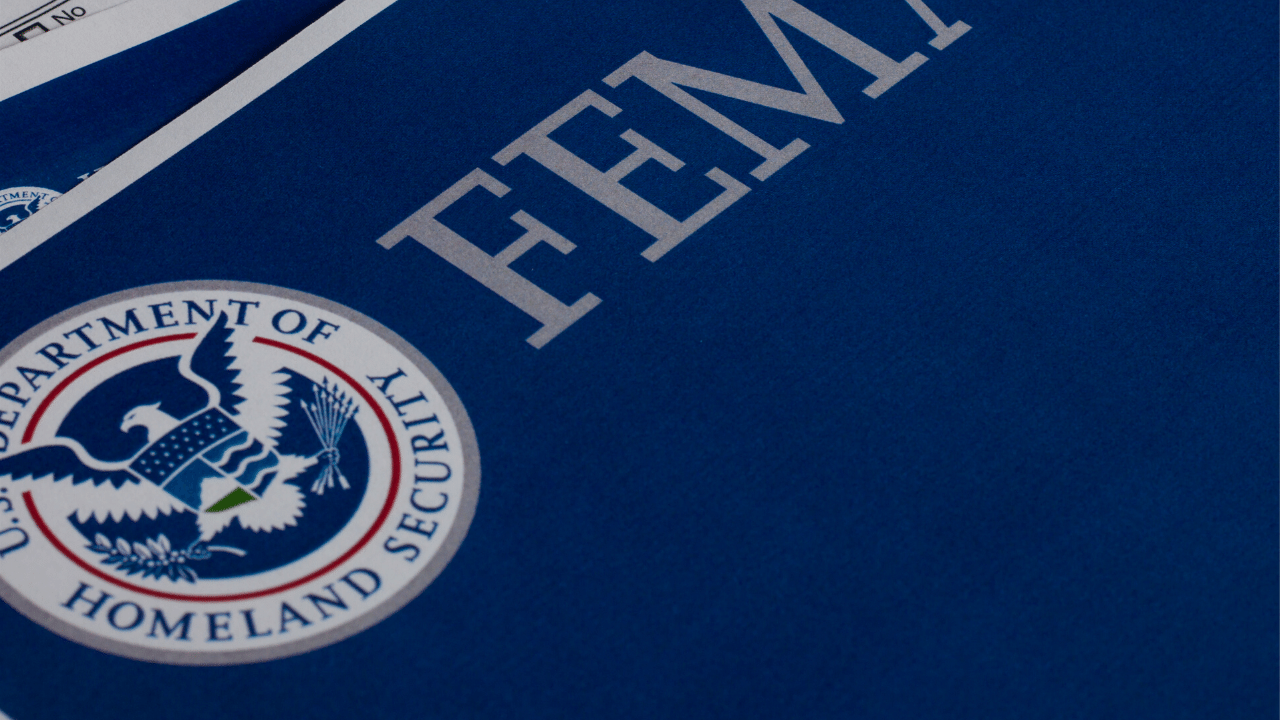
Jan 01, 0001
House Releases New COVID-19 Response Legislation
The House bill has a number of provisions, including almost $1 trillion to assist state and local governments as they cope with the economic effects of the COVID-19 crisis.
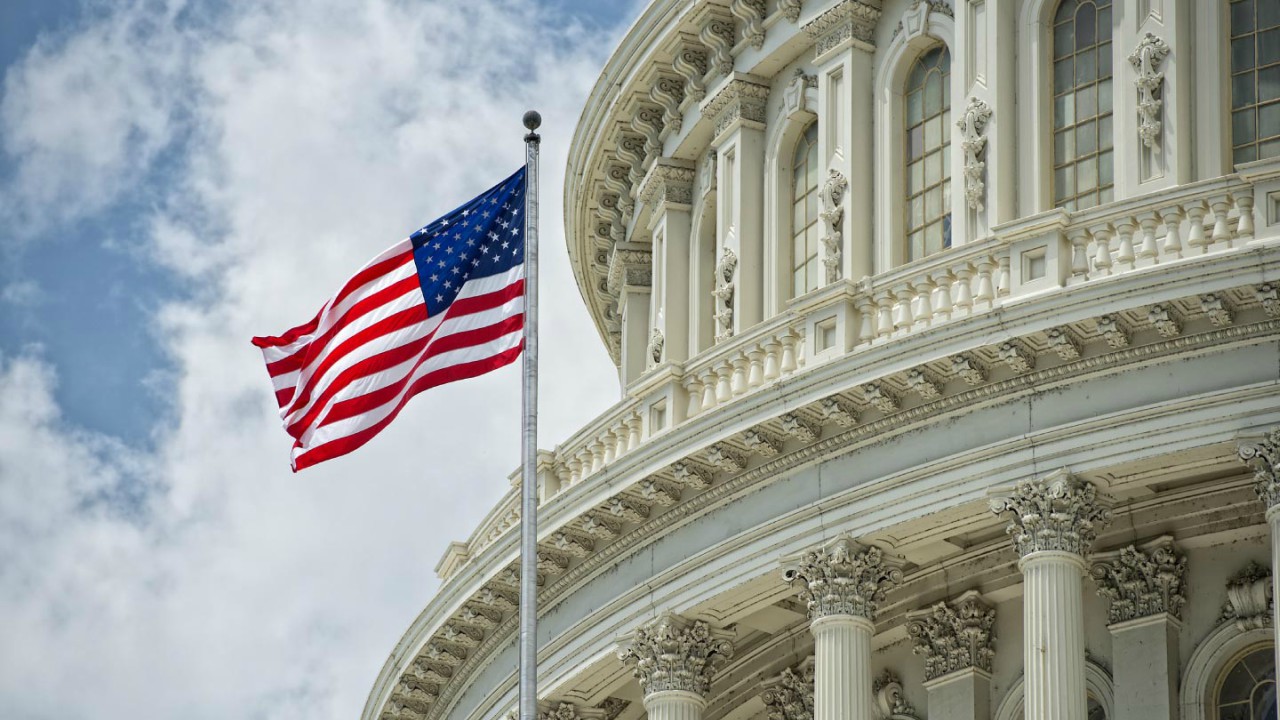
Jan 01, 0001
IAFC: Fire Department Layoffs and Furloughs Near 1,000; 30,000 Projected
The IAFC is asking Congress and The White House to help offset these losses with a request of $10 billion that will go directly to the nation’s fire departments.
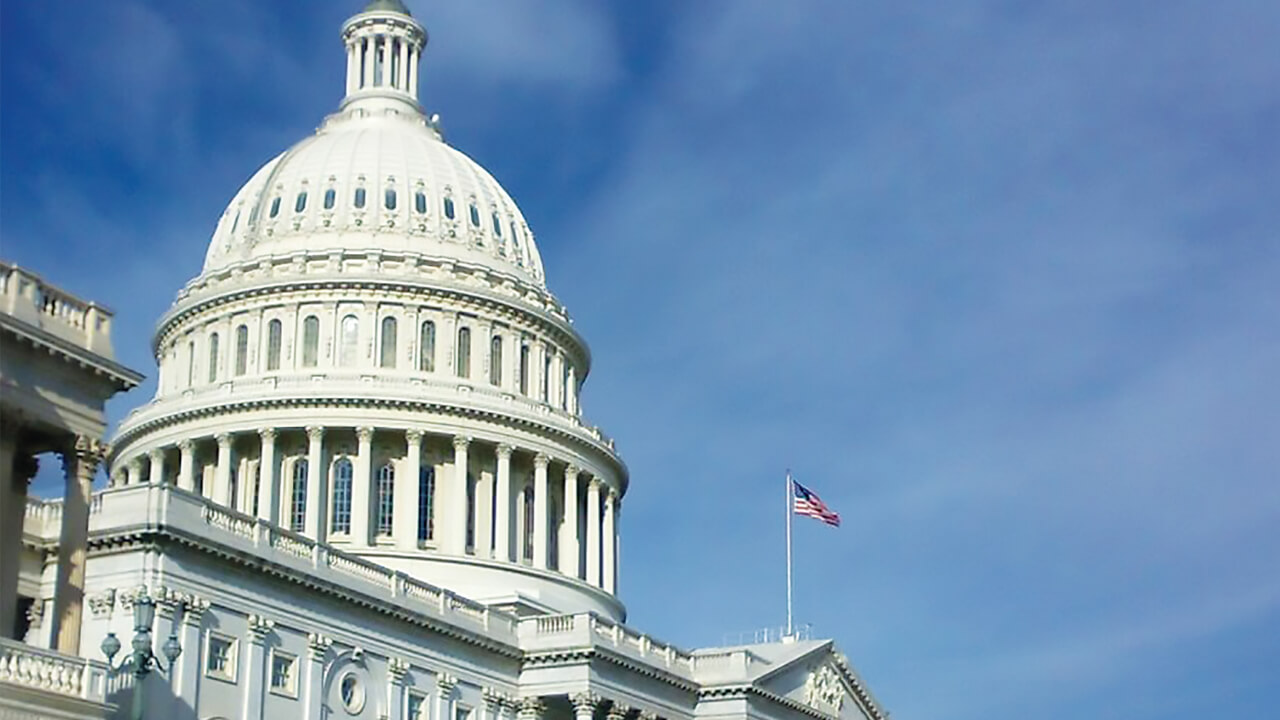
Jan 01, 0001
Tell Congress to ACT!
Chief Ludwig is calling on all U.S. IAFC members to contact their congressional representatives and tell them to help you fight the COVID-19 pandemic with a strong response force by supporting $5 billion each for the AFG and SAFER programs.
![]()
Jan 01, 0001
CMS Provides COVID Support Payments to EMS Agencies
Rising response costs, coupled with increased staffing costs, can make it very difficult for a fire chief to manage their budget.
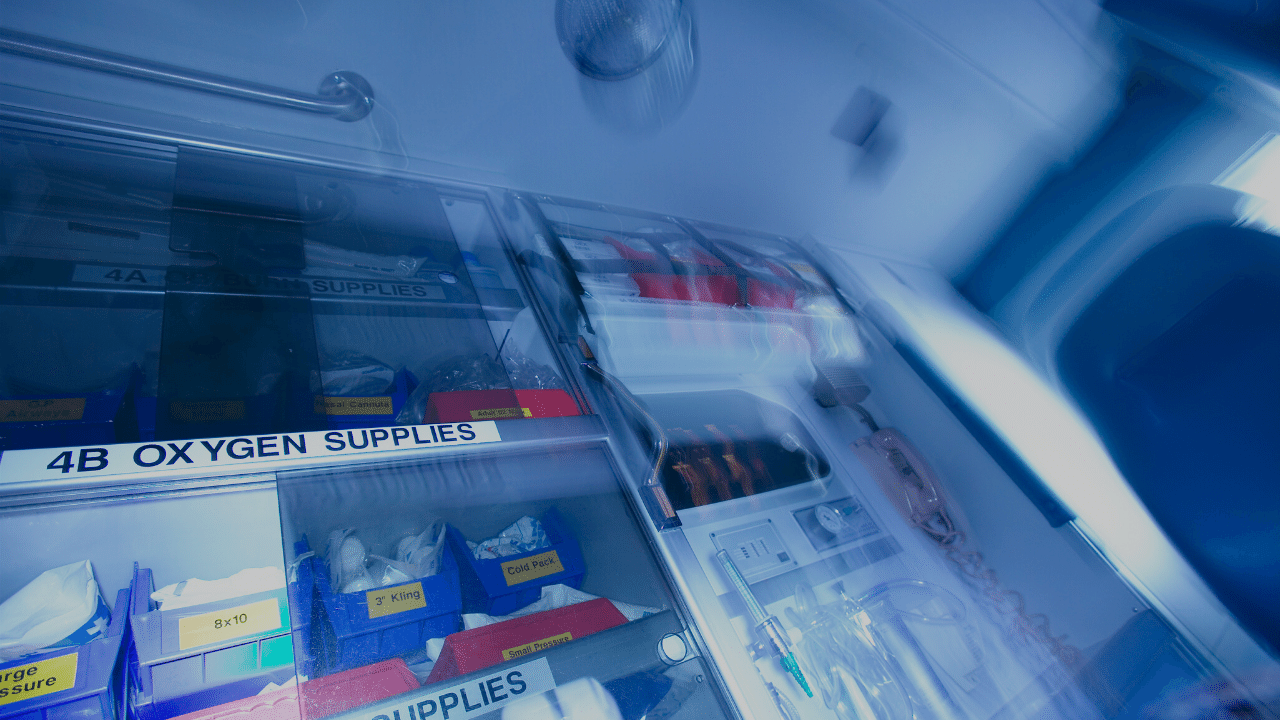
Jan 01, 0001
Tell Congress to Support $5 Billion Each for AFG, SAFER for COVID-19 Response
The IAFC is asking Congress now to provide $5 billion in new coronavirus relief funding for both the Assistance to Firefighters Grant (AFG) and Staffing for Adequate Fire and Emergency Response (SAFER) programs.

Jan 01, 0001
IAFC: Police Get CARES Act Money – Firefighters Still Waiting
The IAFC has asked Congress to get money directly to local fire departments by dramatically increasing funding of both the AFG and SAFER programs.
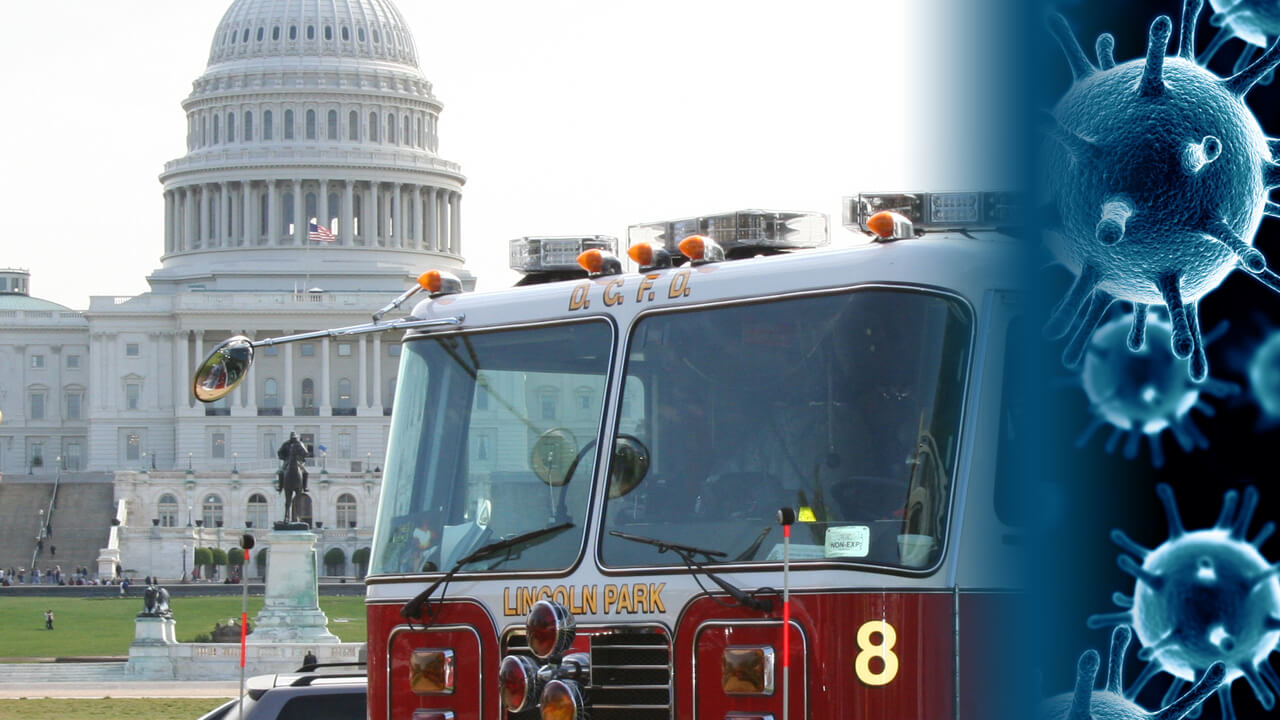
Jan 01, 0001
$100 Million AFG COVID-19 Response Application Period: Deadline May 15
FEMA will begin accepting Assistance to Firefighters Grant (AFG) Program applications for COVID-19 response at 8 AM ET, Tuesday, April 28.

Jan 01, 0001
IAFC Secures Amazon Business as a Strategic Supplier for PPE
This collaboration between the IAFC and Amazon Business allows IAFC members to take advantage of the buying power of a single agency, and the value of exclusive access to the specific products assigned to the Amazon Business COVID-19 Hub.
.png?sfvrsn=9fa16c0c_1)
Jan 01, 0001
Help Advocate for Additional Funding for Fire and EMS Departments
The IAFC needs your help in measuring the effects of state and local government social distancing orders on local fire and EMS department budgets, including the long-term implications on resources and staffing.

Jan 01, 0001
SAFER Grant Application Assistance is Available
The FY 2019 Staffing for Adequate Fire and Emergency Response (SAFER) grant application period is open April 13 – May 15 at 5 PM ET.
![]()
Jan 01, 0001
IAFC Develops PPE Assessment Survey to Help Responders
To help the IAFC make its best case to President Trump and Congress for additional federal funding, we have developed the IAFC COVID-19 PPE Readiness & Availability Assessment Survey
.png?sfvrsn=e4f0930d_1)
Jan 01, 0001
FY 2020 Homeland Security Grant Program
The U.S. Department of Homeland Security/FEMA is announcing modifications to the Fiscal Year (FY) 2020 Homeland Security Grant Program (HSGP).
![]()
Jan 01, 0001
COVID-19: Lessons from the Streets
The new installment of iCHIEFS podcast is here.
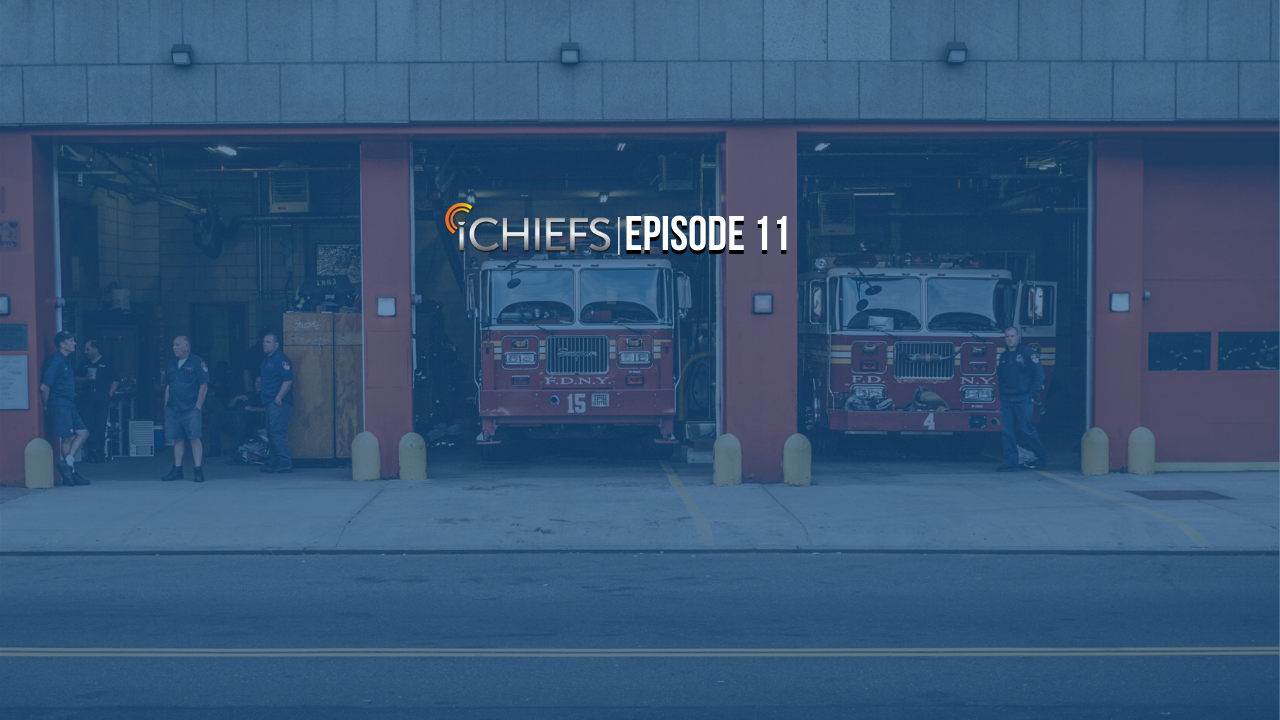
Jan 01, 0001
Critical Infrastructure Workers and Potential COVID-19 Exposures
Critical COVID-19 information regarding civilians working for the fire service.

Jan 01, 0001
Western Fire Chiefs Association, IAFC, partner with Constellis to Help Chiefs During COVID-19
Western Fire Chiefs Association, IAFC, partner with Constellis to make Fire Chiefs aware of two new products being used to combat COVID-19
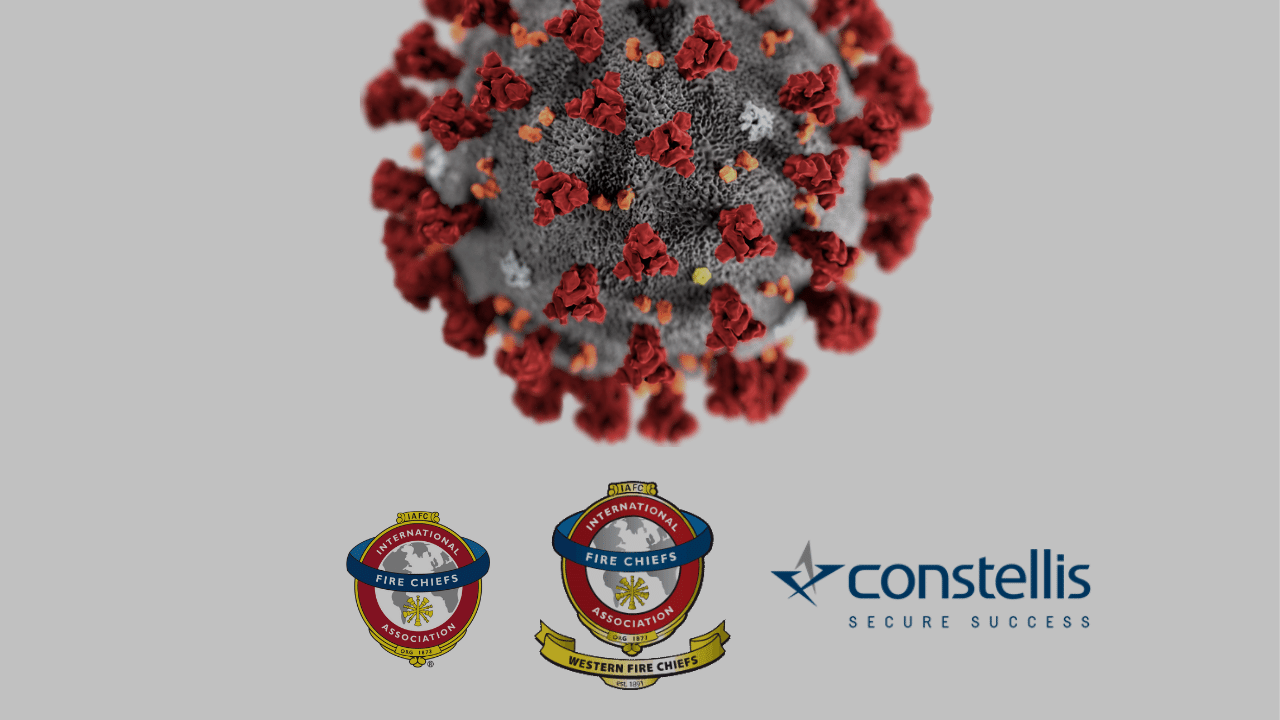
Jan 01, 0001
Volunteer Departments Eligible for CARES Act Loan Programs
Under the CARES Act, all "private non-profit organizations" are eligible for purposes of the Small Business Administration (SBA) Economic Injury Disaster Loan (EIDL) program, including any entity exempt under IRC 501(c).

Jan 01, 0001
CMS Expands EMS Payment Opportunities
CMS has released one of the most significant updates to the Ambulance Fee Schedule (AFS) since its creation 20 years ago.
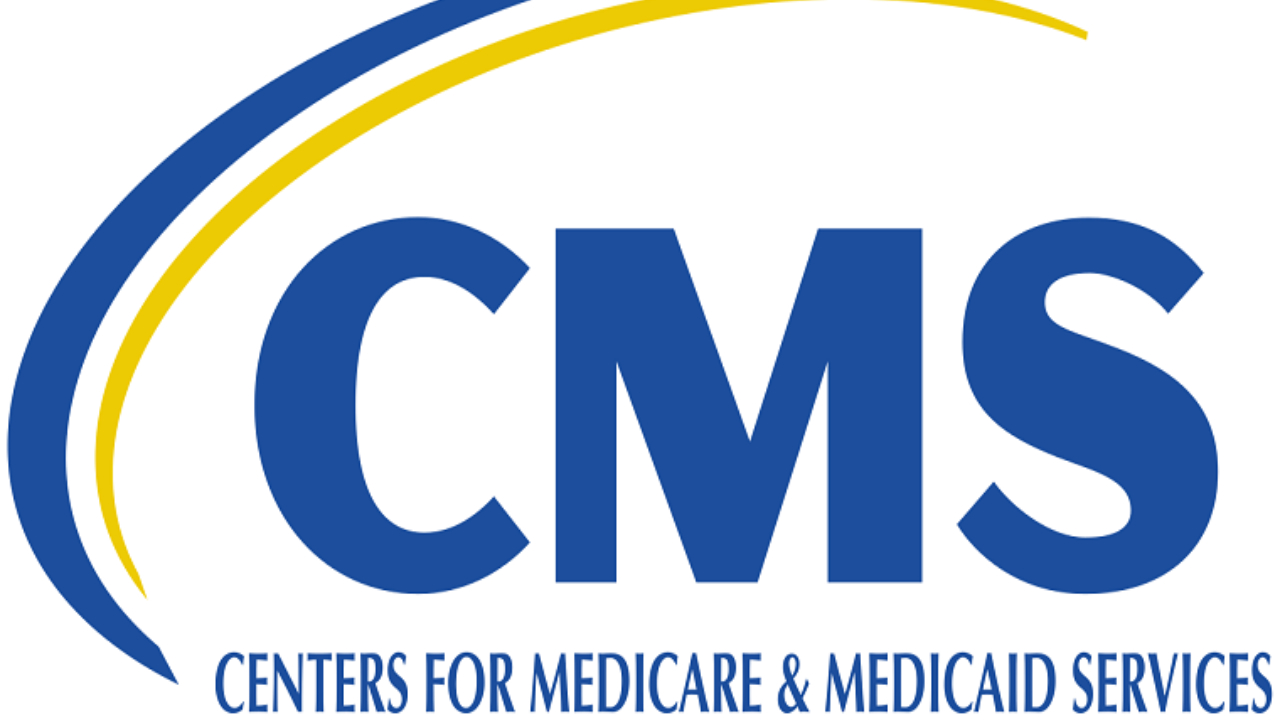
Jan 01, 0001
President of Fire Chiefs Association Calls for Action
Fire and EMS chiefs are fighting a “war” against a virus and proper funding is absolutely required to win the war and keep communities safe.
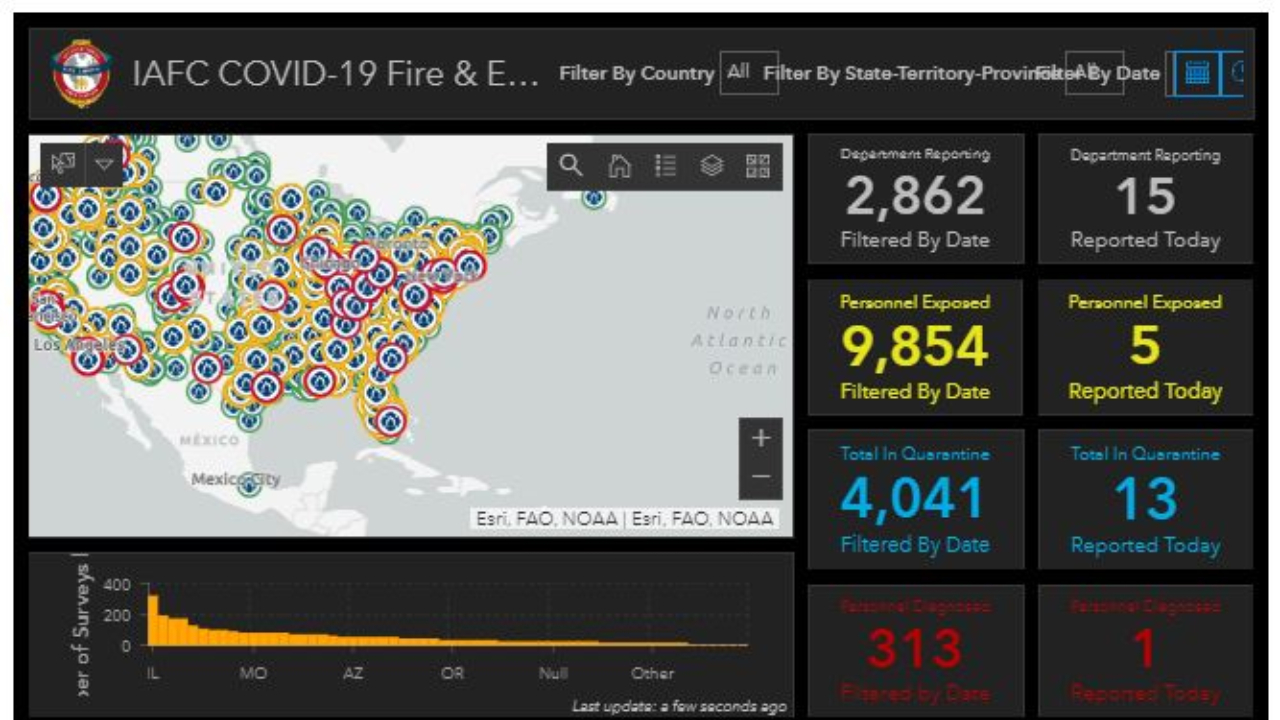
Jan 01, 0001
Economic Task Force Created to Help IAFC Members Navigate Challenging Times
IAFC Economic Task Force to help members navigate these challenging economic times.

Jan 01, 0001
IAFC's COVID-19 Resources Available for Fire Service Leaders, First Responders
Since the earliest days the COVID-19 pandemic, the IAFC has been working around the clock providing fire and emergency service leaders with the information and resources they need to protect first responders and serve their communities.
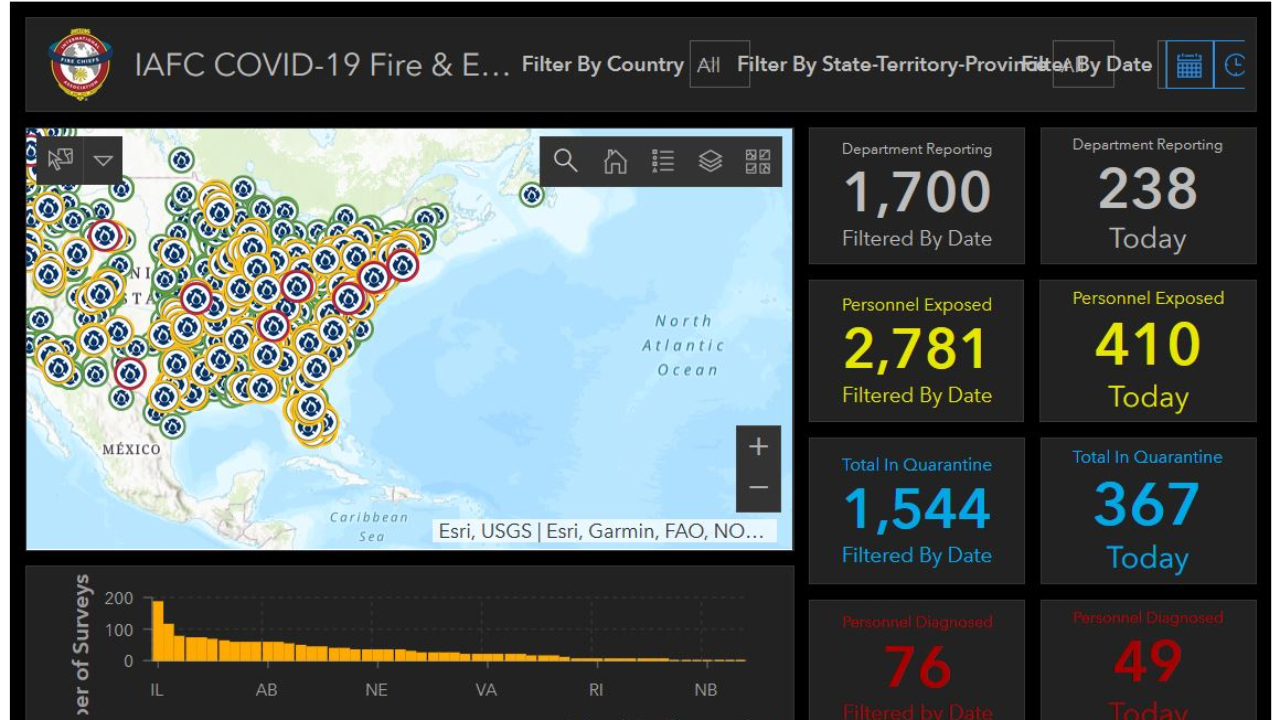
Jan 01, 0001
IAFC to Congress: Include T-Band Mandate Repeal in COVID-19 Stimulus Package
The IAFC and other public safety oganizations wrote to congressional leaders urging action on repealing the T-Band auction mandate as part of any coronavirus emergency stimulus package.

Jan 01, 0001
National Emergency Declaration: What Fire Chiefs Need to Know
President Trump on March 13 declared a national emergency over the coronavirus pandemic, invoking the Stafford Act.
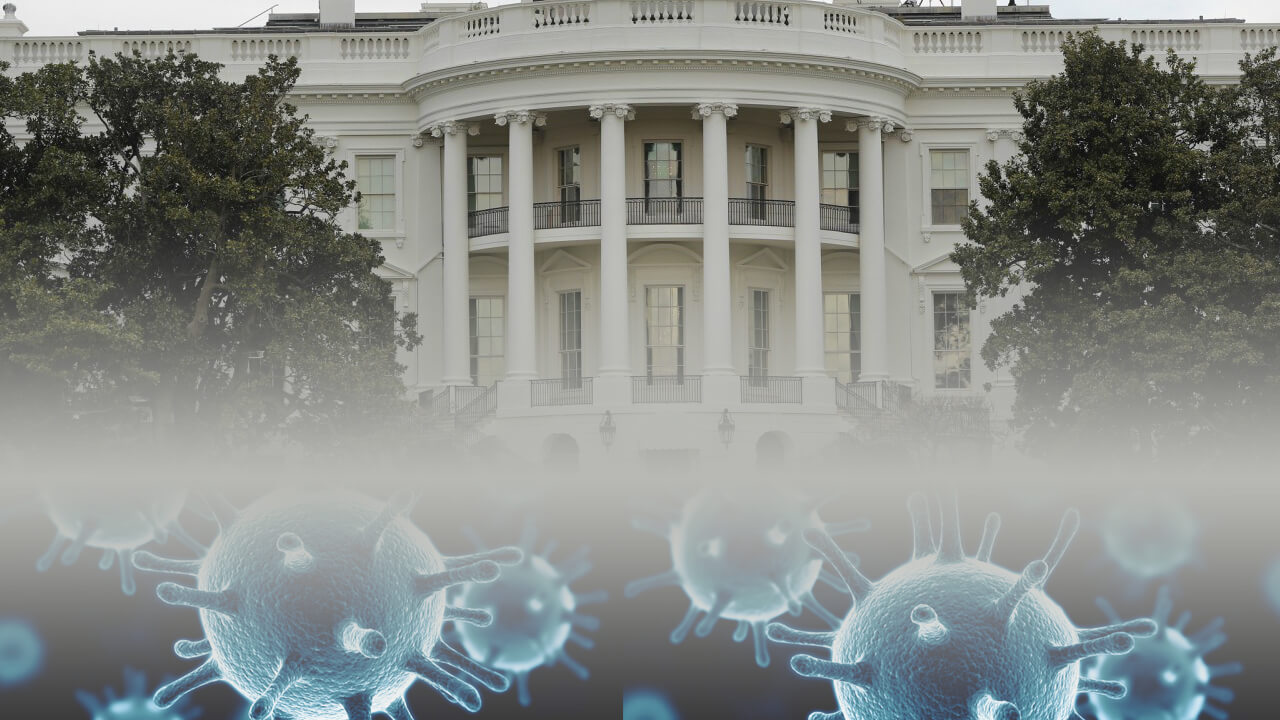
Jan 01, 0001
IAFC Launches Coronavirus Task Force
The Task Force will be monitoring COVID-19 and developing recommendations for ways that fire departments can protect their members while continuing to serve their communities.

Jan 01, 0001
Veterans Affairs Directed to Use "Prudent Layperson Standard" for EMS Claims
Directive improves the amount EMS-related funds available to fire departments.
![]()
Jan 01, 0001
Fire Service-Based EMS Advocates Recognize National EMS Week
National EMS Week is a time to thank the entire EMS community, especially firefighter/EMTs and paramedics.
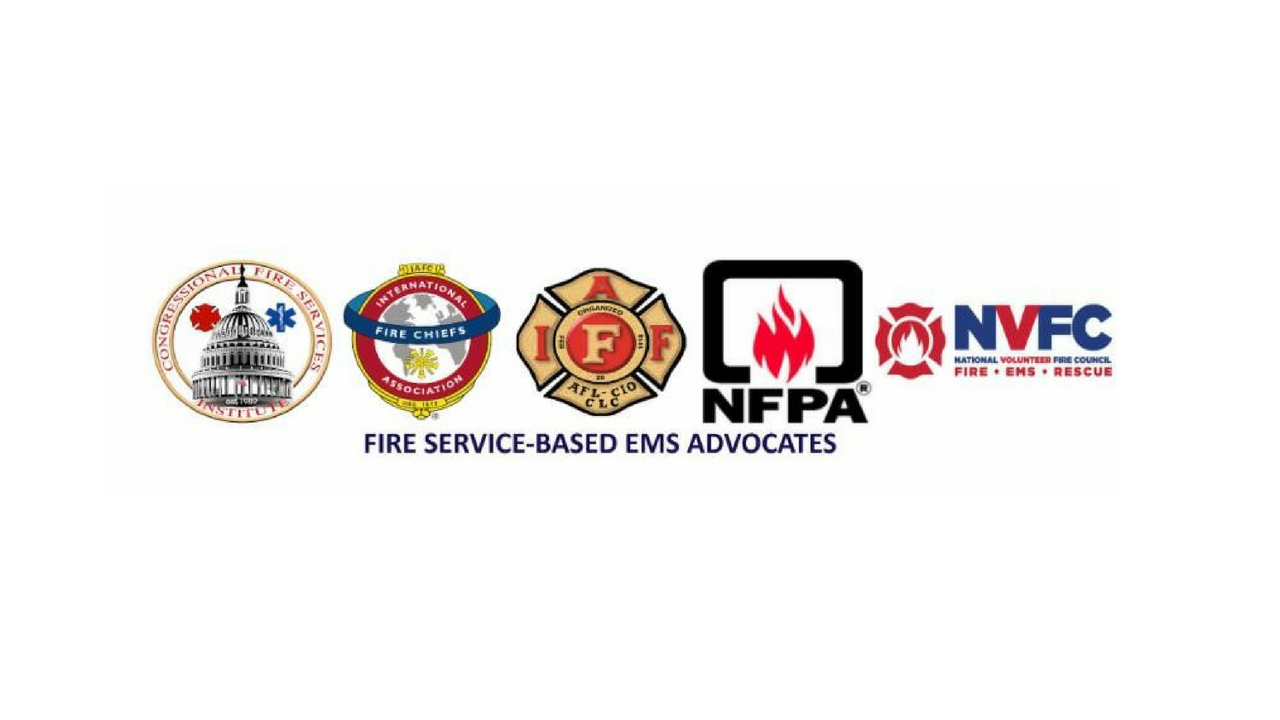
Jan 01, 0001
Sounding the SIREN in Congress
New bill would restore a grant program in the U.S. Department of Health and Human Services for rural public and non-profit fire departments and EMS agencies.
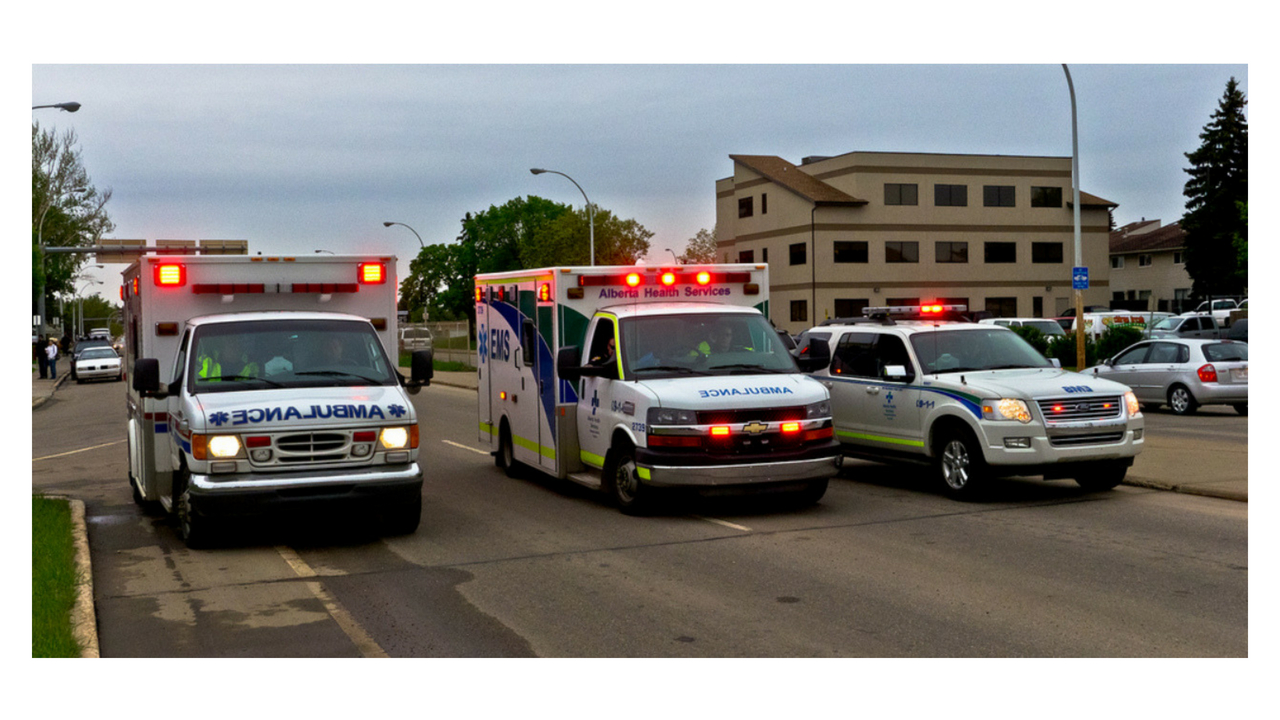
Jan 01, 0001
Pushing for Hands-only CPR
Teach residents and visitors how to assist firefighters and EMS personnel in saving lives through Hands-only CPR and Stop the Bleed.
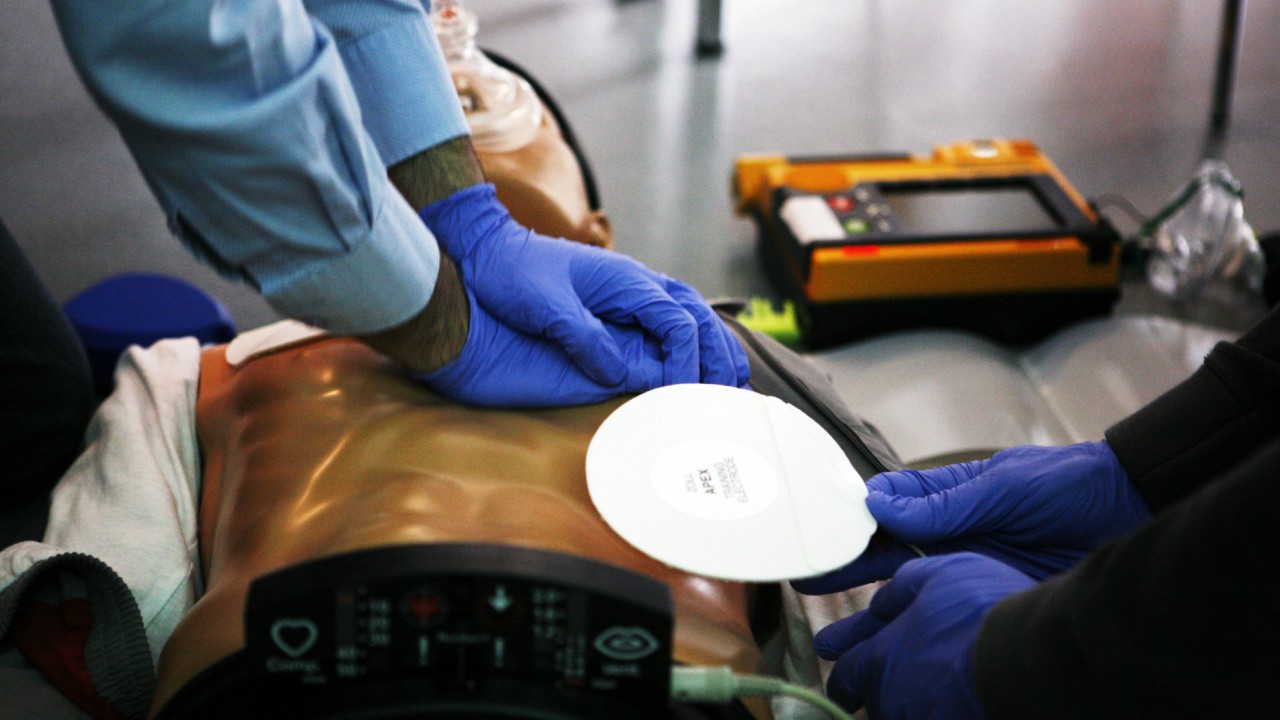
Jan 01, 0001
Opioid Crisis and the Story of Two Cities
Hear two compelling stories of how community risk reduction was applied to the epidemic.
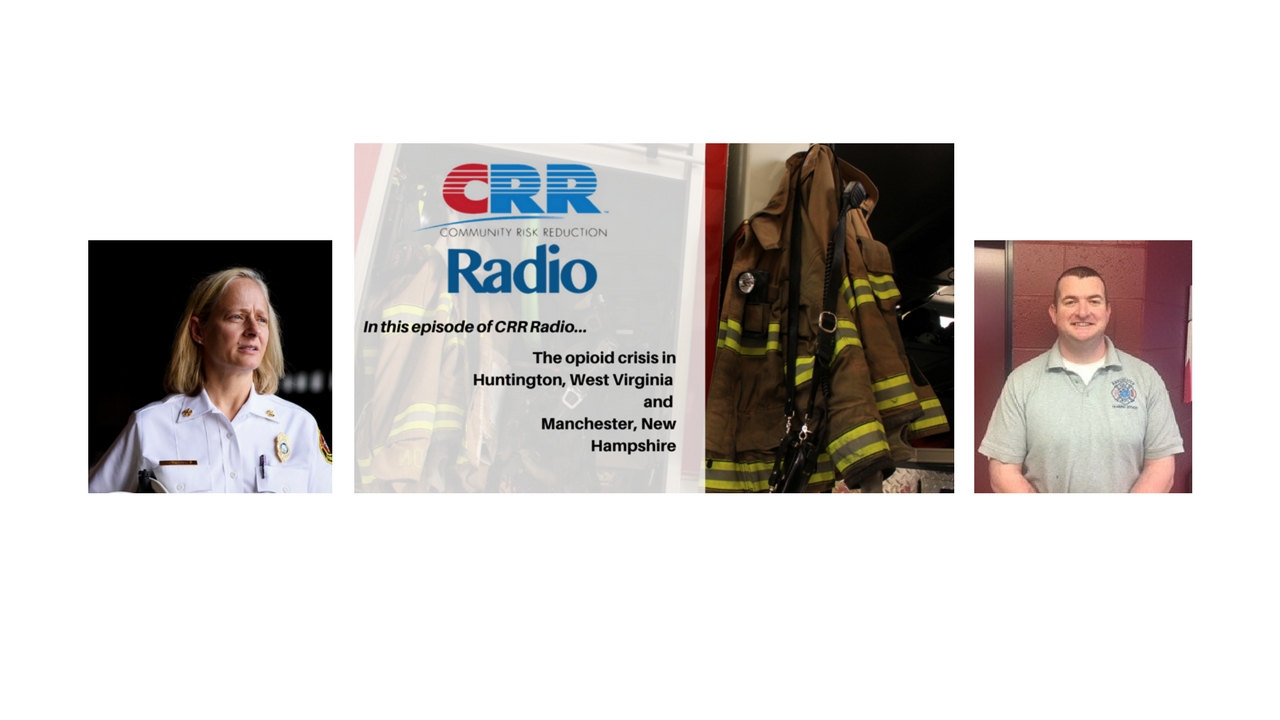
Jan 01, 0001
Fentanyl Poses Lethal Threat to First Responders
EMS personnel responding to overdose patients and other opioid-related calls are especially at risk.
